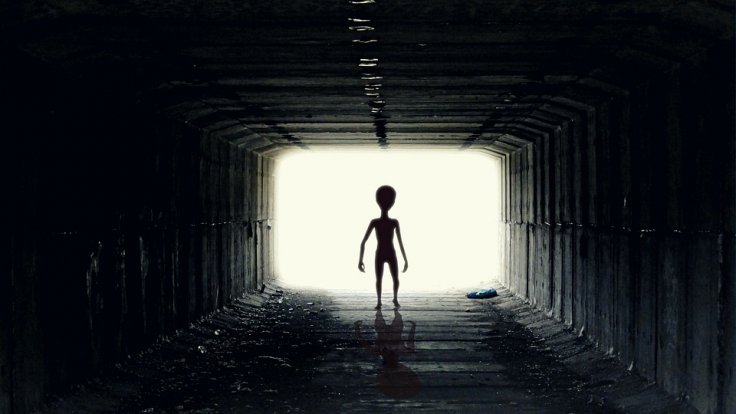
A new study conducted by researchers at the Washington State University has suggested that aliens might have lived on the moon twice in history. As per the new study, there may have once been life on the lunar surface during two distinct windows of time in the ancient past -- once 4 billion years ago and again 3.5 billion years ago.
The study report reveals that the first cells of life might have been carried to earth's natural satellite in a meteorite. Researchers believe that meteorites carrying basic organic particles might have left the earth and could have landed on the moon during the ancient times, which finally resulted in the creation of life on the lunar surface.
The study report is now published in the Monday edition of Journal Astrobiology.
The two planetary scientists who took part in the research argue that during both these periods in the ancient past, the moon has spewed out vast amount of hot gases including water vapor. The gases thus formed might have created liquid water on the surface, as well as a stable atmosphere that could keep it there. However, the researchers made it clear that the current conditions in the moon is not suitable for life.
"If liquid water and a significant atmosphere were present on the early Moon for long periods of time, we think the lunar surface would have been at least transiently habitable. It looks very much like the moon was habitable at this time. There could have actually been microbes thriving in water pools on the moon until the surface became dry and dead " said Dirk Schulze-Makuch, an astrobiologist at Washington State University, who co-wrote the study with Ian Crawford, a professor of planetary science and astrobiology at the University of London.
As per the researchers, the magnetic field which is expected to have wrapped the moon in the ancient times could have protected life forms from deadly solar winds.
Dirk Schulze-Makuch and his team now hope that future lunar missions could help to prove their theory of alien existence on the moon during ancient times.









